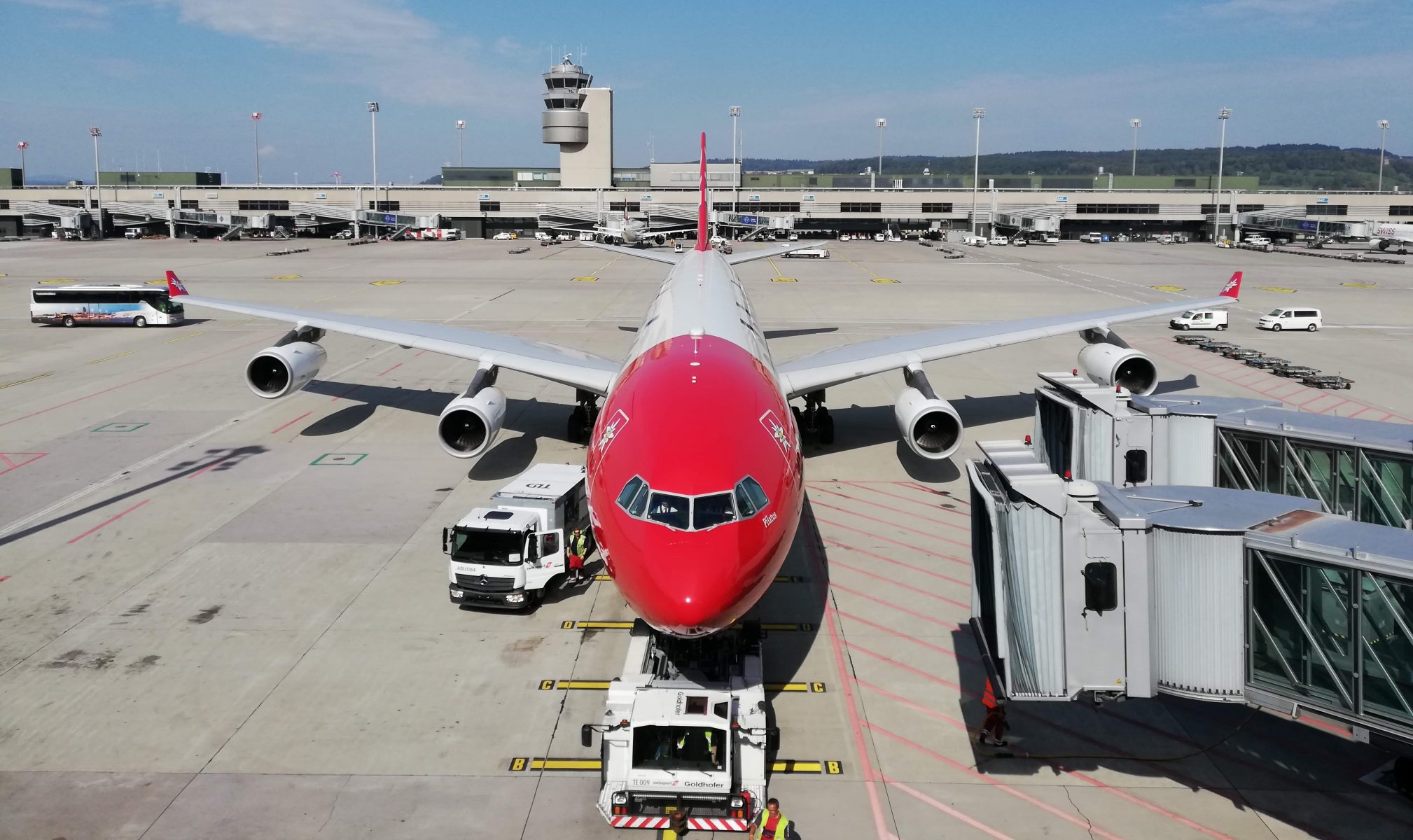When and how will air travel be possible again?
The longer the Corona crisis accompanies us, the more confusing the measures and easing of the restrictions that will accompany us in the coming weeks and months will become. As a small orientation guide, cancelled.ch explains the most important regulations in the travel industry and what will change in the future for air travel.
Cancelled flight – who do I have to contact?
If flights have been cancelled due to the coronavirus, you are entitled to a refund of the ticket price. As an alternative to a refund, many airlines offer their passengers the option of rebooking their trip or getting vouchers. To make a claim, you have to contact the airline directly or – if the flight was not booked directly with the airline – the booking platform through which the trip was booked. Of course, our experts are happy to help you here with the enforcement of claims.
Preventive cancellation – is there a right to a refund?
If a flight is cancelled by passengers as a precaution, there is no entitlement to a refund of the airfare. In this case, the usual cancellation conditions of the respective airlines apply. Some airlines also offer vouchers for non-cancelled flights as a gesture of goodwill.
If necessary, it may also be worthwhile to contact your travel insurance company for possible reimbursement of any cancellation costs. The insurance companies normally follow the travel warnings issued by the FDFA (Federal Department of Foreign Affairs). During the crisis, however, the FDFA no longer issued country-specific warnings, as the virus has spread rapidly around the world. Without a travel warning, however, there is usually no entitlement to insurance benefits. Nevertheless, most insurance companies have shown themselves to be accommodating and have recognised this problem. It is worth a try to contact your own insurance company in order to possibly get reimbursed.
When will air travel be possible again?
According to the Federal Council, the entire EU and Schengen area should be reopened for travel by 6 July. The prerequisite for this is that all countries concerned open their borders and lift the entry restrictions. If this plan succeeds, travel within Europe would be possible again just in time for the summer school holidays.
Intercontinental travel, however, will have to wait. At present, no concrete date can be given on which worldwide travel will be possible again. For this purpose, the individual developments in the countries must be followed and awaited.
What needs to be considered for future air travel?
In principle, it is important to find out about the destination countries in advance. Are there entry restrictions? Is there any quarantine obligation? What measures are still in place for the destination? Tourists must of course also take the appropriate measures to contain the coronavirus – otherwise they may be subject to fines. In addition, airports and airlines will develop and introduce new rules of conduct. Here too, it is important to inform oneself and to prepare oneself accordingly, for example, if masks are compulsory or if no food is served in the aircraft.
Despite the additional organisational effort and the upcoming unusual procedures at the airports, for example because they are currently still ghostly empty, holiday travel will become possible in many places – much to the delight of the travellers and the travel industry, which has been badly affected by the crisis.

